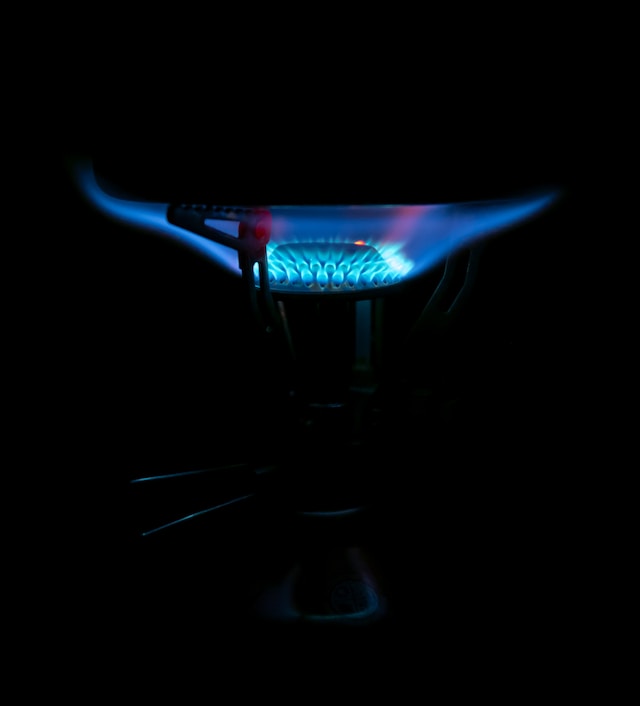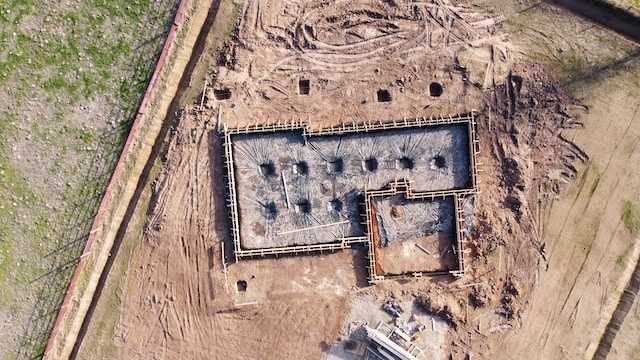Exploring the Advantages of Propane Heating
Propane heating offers homeowners a range of benefits. It can power your furnace, water heater, outdoor grill, and other appliances.
It also burns cleaner than oil, which helps reduce greenhouse gases and sulfur emissions. Additionally, propane is a safe and convenient energy source.
Is switching to propane the right choice for your home? Learn more about the advantages of propane heating:
Efficiency
Propane is a safe, non-toxic fuel that burns cleanly, producing fewer greenhouse emissions than electric heating methods. It also works well with the popular concept of zone heating, which allows for targeted, high-efficiency heat in frequently used areas of your home so you can eliminate energy waste from having to heat all of your spaces at the same temperature.
Propane also provides an alternative backup source of power if electricity fails. A propane fireplace, hearth, or space heater can keep your home comfortable while you wait for the electrician to arrive, saving you a lot of discomfort and frustration.
Propane gas furnaces are notably more efficient than natural gas systems and offer efficiency ratings in the 90s (some even qualify for Energy Star!). Additionally, a propane water heater is more efficient than an electric model, while propane clothes dryers operate about 1/4 of the time as an electric dryer.
Reliability
Propane is a versatile fuel that can provide energy all year round. It’s used to power outdoor grills and swimming pools but can also run your forced-air furnace, boiler, wall heater, or water heater. A propane heating system has the advantage of providing more consistent heat than other heating methods. This is especially important in cold weather when you need a constant flow of warm air to keep yourself comfortable.
When it comes to reliability, propane is the clear winner when compared to natural gas and electricity. Both natural gas and electricity can cause fires and explosions when leaks occur. On the other hand, propane tanks aren’t connected to a more extensive gas system, so they’re much less likely to explode. In addition, propane can emit a sulfur smell when leaking, which makes identifying a leak much easier than it is with natural gas. This excellent safety feature helps you avoid costly repairs or replacements in the future by the professionals who handle propane services.
Environmentally Friendly
Propane is a safe and green energy source. It doesn’t produce harmful emissions, like nitrogen oxides or volatile organic compounds, which cause air pollution and other health problems. It also doesn’t create environmental hazards if spilled, as it is non-toxic and has a distinctive odor to help detect leaks.
Additionally, propane generates significantly fewer greenhouse gasses during combustion than coal or oil. It emits less carbon dioxide, one of the most significant contributors to climate change, and a fraction of sulfur dioxide and nitrogen oxides, contributing to air pollution.
High-efficiency propane furnaces produce 50% fewer greenhouse gases than electric heat pumps, and propane cooktops, water heaters, and clothes dryers release even fewer. Plus, propane heating systems retain up to 90% of their energy as heat for your home, while electricity loses up to 30%. This makes your propane system three times more efficient than electric power sources. It is also an excellent choice for generating energy in Zero Net Energy (ZNE) homes, designed to produce as much energy as they consume.
Cost
Propane heating systems provide more BTUs for each dollar spent than oil heat, so switching to propane can save money in the long run. However, the upfront cost of installing a propane system may increase your energy costs slightly.
Propane tanks have a limited supply, unlike natural gas, which is piped into homes for immediate access. When your tank runs out, you must schedule a refill. This can be inconvenient and potentially expensive, especially during a snowstorm when fuel delivery trucks cannot get through.
Additionally, propane is more environmentally friendly than natural gas and produces fewer greenhouse emissions. It is also a good choice for areas that do not have a natural gas connection. During a power outage, propane can still produce energy to run appliances and heaters. It is non-toxic and odorless, except for a slight smell similar to rotten eggs, which is added to help detect leaks. It is also safer and more reliable than electricity during a power outage.



